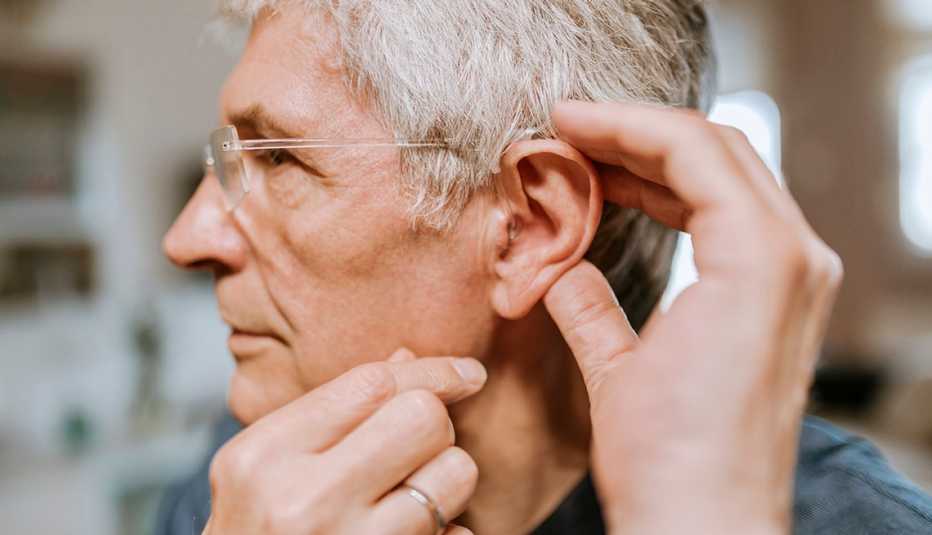AARP Hearing Center


Brought to you by:
Older people who have been victims of financial exploitation have much poorer hearing and marginally weaker eyesight than those who have not been ripped off, a new study out of the University of Southern California found.
However, what's encouraging to lead investigator Duke Han, a psychologist and professor at the university's Keck School of Medicine, is that deficits in hearing and vision are “very treatable conditions."
"This research really does point to the importance of regular visits with a doctor and keeping up on your hearing and vision,” Han says. Even during the pandemic, it remains important to have checkups and maintain your health, he adds.
Han urges family members, friends and medical providers to pay attention to changes in an older adult's hearing and vision, since hearing aids and corrective lenses “may be critical in reducing an older adult's susceptibility” to financial loss.
Why some older adults are more vulnerable to fraud
Han, 44, told AARP that for years he has been interested in what makes some older people more vulnerable to scams and fraud than others.
It's widely known that cognitive impairment makes it more likely that older adults will be exploited financially, he says. Telltale signs of cognitive impairment include having trouble remembering, learning new things, concentrating or making decisions that affect everyday life.




































































More on money
AARP Survey: Older Adults Worry About Scams
Fraudsters have many ploys to steal and swindleIdentity-Fraud Report: Older Adults Need Better Online Security
AARP-sponsored research outlines steps to take to deter scammersTop 10 Frauds Hitting Adults 60 and Older in 2020
Dollar losses grow amid pandemic, isolation